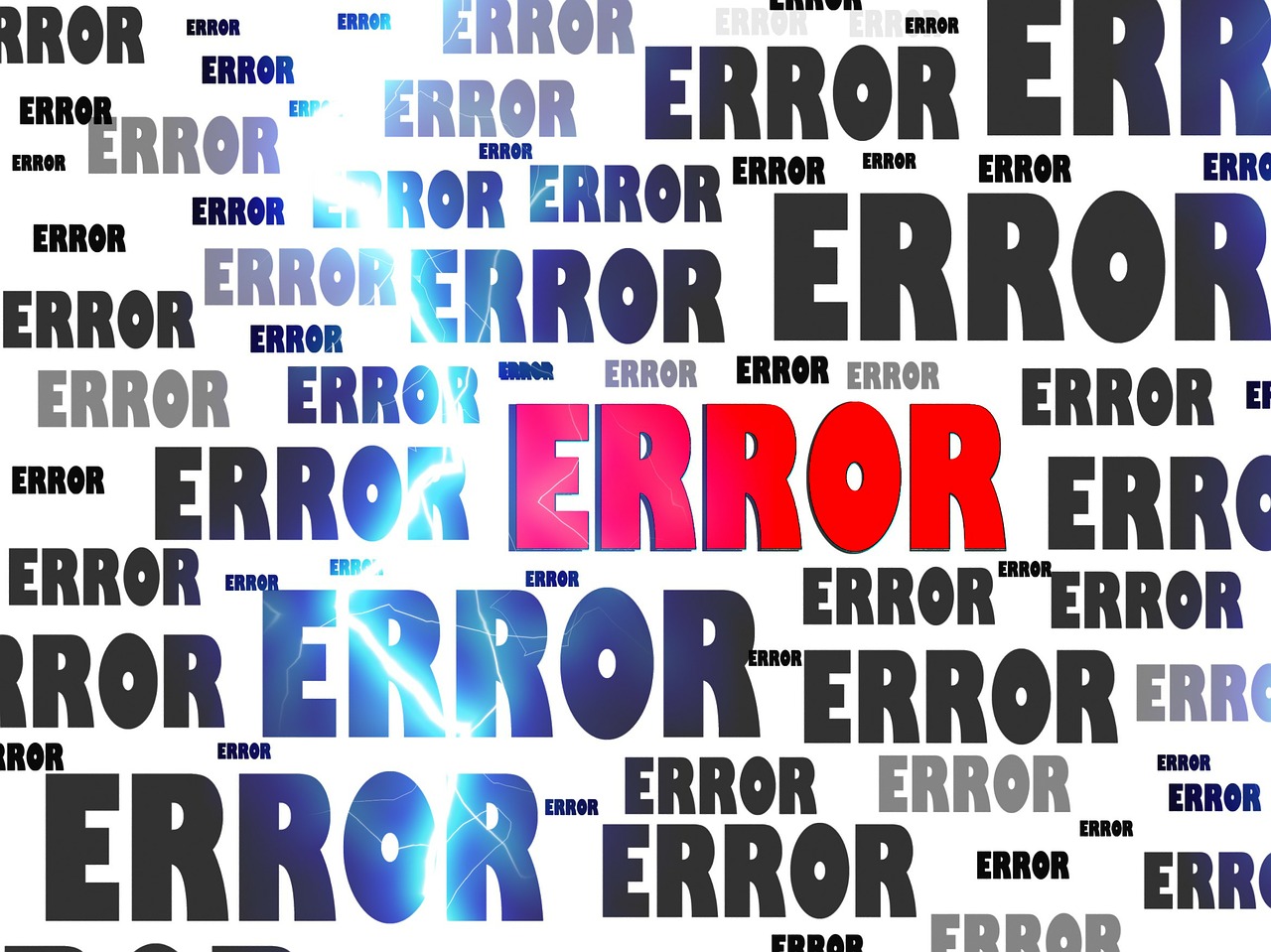Was The Bible Transmitted Like The Telephone Game?
If you’ve ever played the game of Telephone, you know that the phrase that starts the game is never the same phrase that comes out in the end. If I whisper, “Ohio State football is the best,” it has a great chance of ending as “Osirus hates pickle falls in his check”. We also know that the more people involved in the game of Telephone, the more transformed the phrase becomes because nobody repeats it exactly as the person before them.
Honestly, it doesn’t take that many people to screw up a message. I can’t tell you how many times I’ve said something to my kids, my kids run off to tell their mom about our conversation, and my wife comes back to me and says, “Did you REALLY say such and such?”. And my response is almost always, “That is NOT what I said!”
Transmission By Telephone
One common criticism about the reliability of the Bible revolves around our experience of playing the game of Telephone. When Jesus lived, not many people could read or write. So, they probably passed stories and sayings through the generations by oral tradition. And, if we think of Jesus’s words as the message that starts off the game, and the words written down as the phrase that ends the game, the more people the story goes through before it gets written down, the more likely it is to be modified. Embellished. Stuff added in even.
The truth is that the transmission of Jesus’ life and teachings was nothing like the game of telephone. The game of Telephone has three fatal flaws that assure what went in isn’t what’s going to come out: generational transmission, aural transmission, and no error correction. As we’ll see, the way we got the Bible isn’t susceptible to any of these.
Eyewitness Accounts
The first flaw in the game of Telephone is the number of people involved before we get the output. The more people in the game, the more opportunities the message has to be transformed. But this isn’t how the life of Jesus was transmitted. The people who wrote the Gospels and the Epistles were either close friends of Jesus or they were essentially scribes of people who were (in the case of Mark and Luke).
The accounts of Jesus’ life aren’t susceptible to the generational transmission problem because the people who were eyewitnesses to the life of Jesus are the ones who wrote the stuff down. It wasn’t passed through multiple generations before it was written down. It was written by the FIRST generation; by those who were right there.
Written By The Original Sources
The second flaw in the game of telephone is that the message is transmitted orally. It’s spoken and needs to be heard before it can be retransmitted. If I whisper something in Ron’s ear, he tells Jenn what he thinks he heard, Jenn tells Charles, and Charles says it out loud for everyone to hear, none of them have access to the original words that were spoken. Once the sound comes out of the speaker’s mouth, the message is gone.
But this isn’t how the New Testament was transmitted. Yes, the eyewitnesses spoke to people directly a lot. But the words in the Bible aren’t the accounts from people several generations down the line; they are the written accounts of the people who said the words. It would be like me writing down what I wanted said, handing the note to Ron, who hands it to Jenn, who hands it to Charles, and Charles reads it out loud. What Charles says should be exactly what I said because the words were permanently on the paper.
Error Correction
The third flaw in the game of telephone is that there is no mechanism for error correction. In the example above, Ron doesn’t get to hear what Jenn said to Charles to know if she repeated his words accurately or not. Once Ron speaks to Jenn, the original copy is lost. Not so with written communication.
If we change the game and say that the participants have to write down the message on a new note and pass *that* along, then at every step, we still have the previous version available to compare our new copy to. We can go back and check our work before we pass it on.
For the most part, ancient scribes didn’t work in isolation, either. It wasn’t as if Ron got a copy of a manuscript, took it to his home, where he worked on it alone, and then gave his new copy to someone else who worked alone. Scribes worked in teams. And they were overseen by senior scribes. In other words, a second pair of eyes would have been able to double-check the output to make sure errors weren’t being introduced. This would be akin to Ron listening to what Jenn told Charles before Charles said the message out loud, so Ron could make sure Jenn told Charles the right message.
The heart of this challenge is that the Bible was written down much later than the events it records. We know this is false. We covered when the original manuscripts were written previously and saw that they were written early and by eyewitnesses. The stories weren’t passed down from generation to generation before they were written. The source we get to hear the message from is the same source that started the game.
Share This Story, Choose Your Platform!
latest video
news via inbox
Subscribe and never miss an update!








The Bible can be viewed like the game telephone because in the game of telephone, the number of people involved before we get the output can make a huge difference. The more people in the game, the more opportunities the message has to be transformed. The Bible can be completely transformed and therefore we can all get a different point of view of His word. We should all read and remain in his word sharing the truth to those around us.
Hi Rachel,
You’re right; the more people involved in the transmission, the more chances it has to get messed up. The important thing to remember with the Bible is that it was written by eyewitnesses. So, the words we have on the pages are the original words, and not something written several generations later.